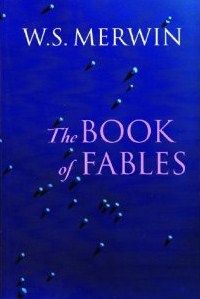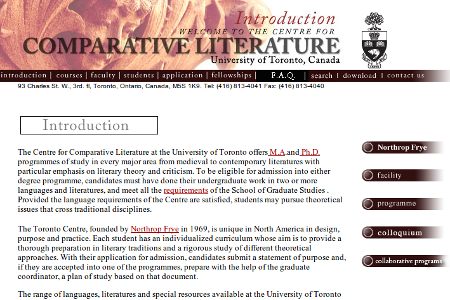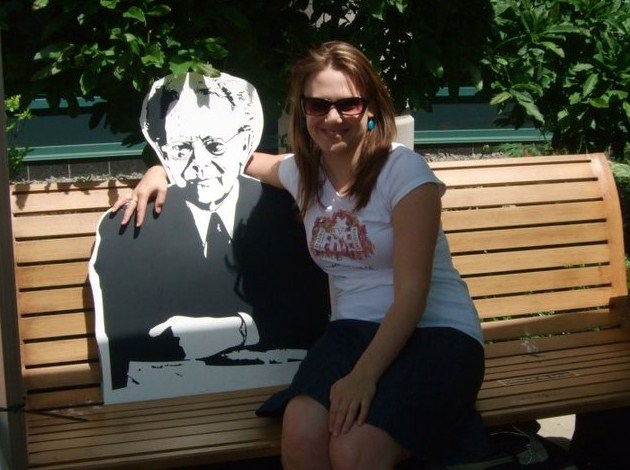
Every time I return to Europe, my friends and family members ask me the same question: “Why exactly did you move to Canada?” And, as if I hadn’t asked that question myself often enough, it appears the University of Toronto’s plan to close the Centre for Comparative Literature requires me to account for my decision yet again.
I was born in a small post-Soviet country where the humanities are in a position hardly comparable to the Western world. “Interdisciplinarity” and “theory” are still pretty much foreign concepts and, because I wanted to study comparative literature, I had to go abroad. Germany seemed the most obvious choice. I’d lived in that country for over a year, I was familiar with its people and customs and its university system. I speak and read both vernacular and academic German. However, this familiarity was actually the reason I didn’t choose Germany, but rather chose the mysterious and terrifying and yet fascinating Canada.
When discussing my choice with my professors (all of them German), I heard many positive things about the Centre for Comparative Literature at U of T, particularly its international reputation which could only enhance the opportunity for a budding Comp Lit scholar to obtain significant international experience. Indeed, the wish to explore a new approach to comparative literature and new ways of thinking was probably the most compelling reason for me to choose Canada and Toronto – I was fighting the Eurocentric in myself. I was especially attracted to post-colonialism, a widely studied area in North America but still quite underdeveloped in Germany. I was also attracted by the Centre for Comparative Literature itself, which I’d had the chance to experience during a brief visit the year before, and where I discovered a close and unmistakably open-minded community, where someone like me — new to the country, the continent, and to academia — wouldn’t feel lost.
I am glad to say that all of my expectations were met. In just this past year, I’ve learned more than during my entire undergraduate career. I have learned what it means to do rigorous research, and what a scholarly paper should offer to the wider academic community. I have learned to open my horizons and explore the most arcane theories and approaches because you never know what they may reveal. Not only have my professors been willing to help me, but my fellow students have proven to be great teachers and loyal friends. I continue to be amazed by their intelligence, vivacity and professionalism. A recent comparative literature conference, organized by the Centre’s students, even made me change my dissertation topic – after hearing Svetlana Boym and a whole panel on nostalgia, I discovered that this is what I really want to pursue as a scholar.
Any time I had doubts about my place at the Centre – either personal (being so far from my friends and family), or professional (I am a European working on European literature, is my place really in Canada?) — I also had to acknowledge that there are still so many things I need and want to learn from the Centre, from Toronto, and from Canada. The entire experience has always been very special, coming as I do from a xeno- and homophobic part of Eastern Europe and making my home in a wonderful city like Toronto, which was recently dressed with the festive rainbow flags of Gay Pride Week. This remarkable country by its singular example manifests a humane and tolerant diversity, and it is definitely something we can learn from in my home country. I believe that as literary scholars we can be the crucial link between cultures and communities. As cliche as that may sound, part of the delight of my experience here has been to discover how true it remains.
Moving to Canada was not an easy step. But I have never regretted it because I knew that this is where I want to be – the Centre for Comparative Literature, University of Toronto. I do hope, therefore, that we can save the internationally renowned Centre so that for many years to come people like me from all of the world will have a chance to benefit from the treasures it has to offer.






